Gargantuan trove of stolen antiquities uncovered during raids in Israel
Thousands of stolen archaeological artifacts, including gold coins, bronze statues as well as Egyptian sarcophagi, have been retrieved during a coordinated set of raids across the Israeli-occupied territories.
According to a report published by the Haaretz daily newspaper, the archaeological artifacts were recovered earlier this week in a collaborative swoop by the Israel Antiquities Authority (IAA), the Israeli police and the tax authority at three sites after a months-long investigation into the illegal antiquities trade.
The regained finds were apparently looted from graves and sites all around the Mediterranean, the Middle East, Africa and even South America.
The stolen artifacts were hidden in storage rooms in private homes. There were coins from the Seleucid Empire, stone statuettes, red-and-black pottery from Greece and Italy, Roman-era oil lamps, jewelry, Egyptian sarcophagus lids and painted wooden boxes, and a striking green glass vessel decorated with faces among them.
Some of the stolen artifacts were museum-quality, according to the IAA.

Amir Ganor, head of the so-called theft prevention unit at the IAA, told that the Haaretz that investigators have not yet quantified the recovered artifacts.
“We haven’t counted them yet. We made lists. It’s a gargantuan find – hundreds of coins, pottery from a lot of periods, statues and bronze items, stone items, and glass as well,” he said.
Ganor highlighted that Israel is famous as a market for antiquities, where the law enables antiquities merchants to obtain a license to sell.
“At the moment, there are 47 licensed antiquities dealers. So, if one has illegal antiquities and slips them into the inventory of a licensed trader, they’re effectively whitewashed. Then one can market them around the world under the guise of artifacts legally traded in Israel,” he said.

None of the detainees were licensed traders, Ganor added, but at least some were in contact with licensed traders.
The report comes as the cultural heritage of Syria and Iraq is suffering collateral damage from years of war and deliberate assaults from Daesh and other foreign-sponsored Takfiri terrorist groups.
Back in April 2019, Washington-based analyst Ahed al-Hendi pointed to the damage Daesh has inflicted on religious and archaeological sites in Syria, saying most of the stolen Christian artifacts were sold outside the war-ravaged Arab country.
“There were businessmen and mafia lords who would pay Daesh and other terrorist groups millions of dollars to buy those stolen relics,” he said at the time.
Al-Hendi added that at some point during the conflict, the Syria-Turkey border was largely porous, “which allowed Daesh to smuggle out as many artifacts as they could take from churches in areas under their control.”
$50m sportwashing: After turning blind eye to genocide for two years, FIFA funds Gaza stadiums
VIDEO | Trump’s foreign, domestic policies dealt blow after Supreme Court struck down global tariffs
Pakistan launches deadly strikes across border with Afghanistan after attacks
VIDEO | Dublin rally condemns Western-backed genocide in Gaza
Zelensky acting ‘maliciously’ by cutting oil supply: Slovakia’s PM
Iran, other Muslim states slam US envoy’s endorsement of ‘Greater Israel’ plot
Hezbollah says has ‘no choice’ but to defend itself after deadly Israeli strikes
Israeli army defends soldier’s viral ‘rape’ remark amid global outrage


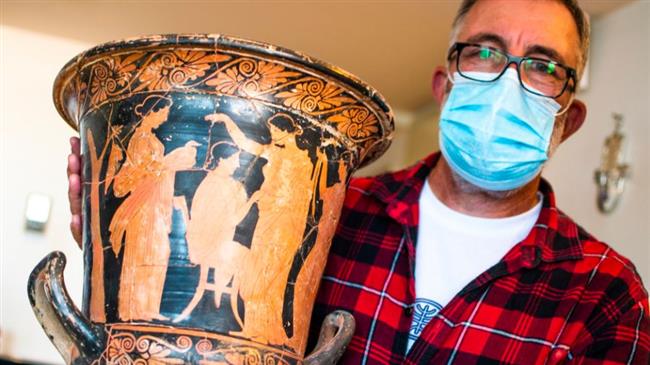

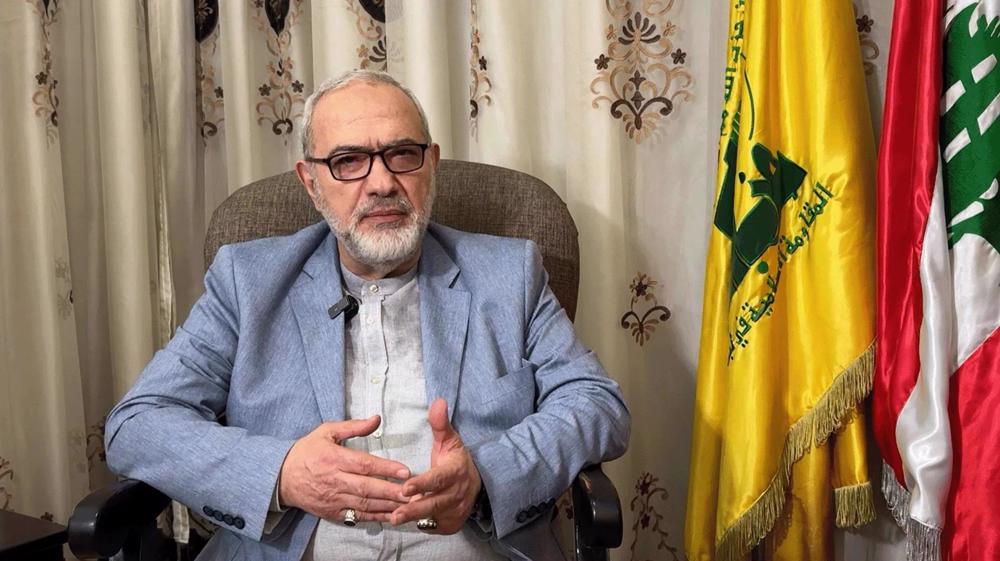

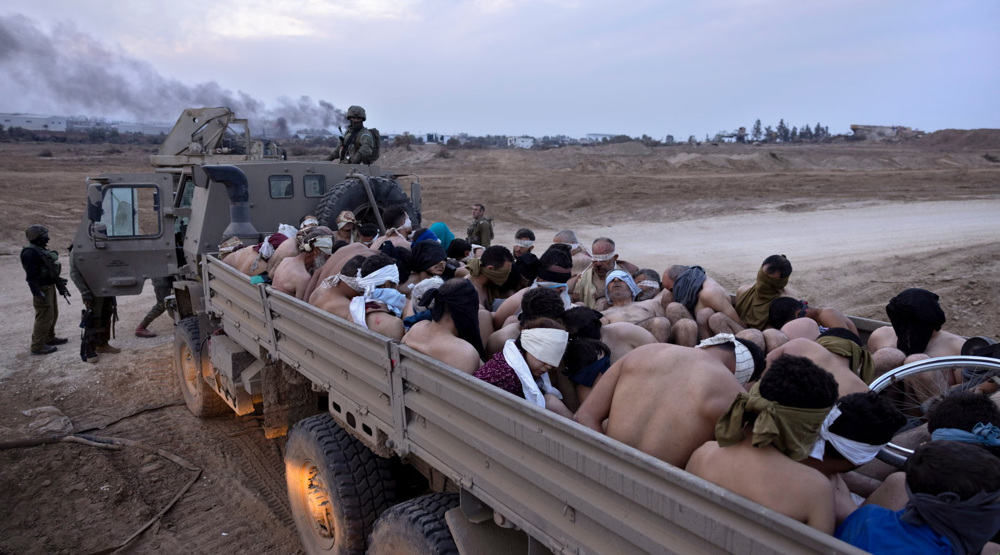



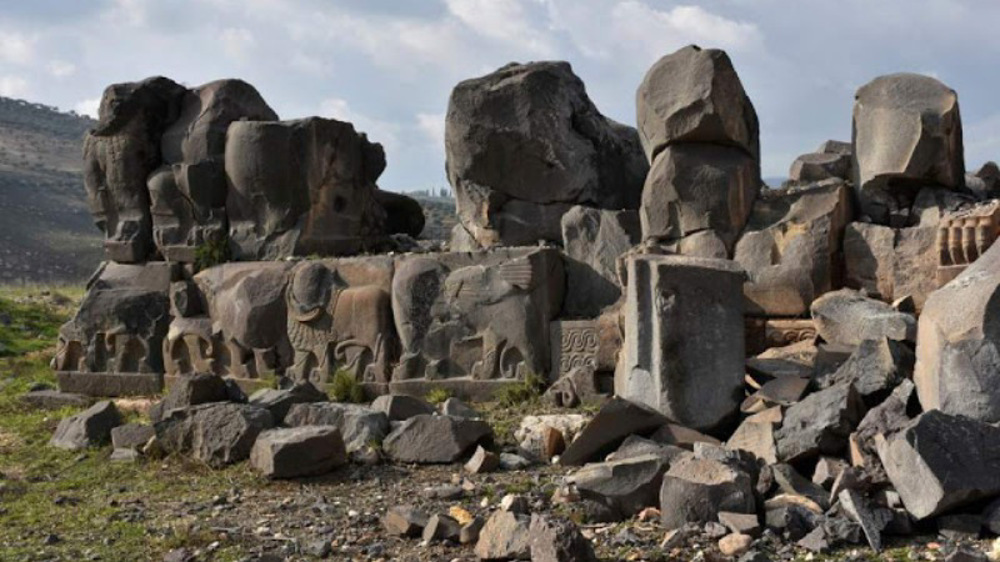
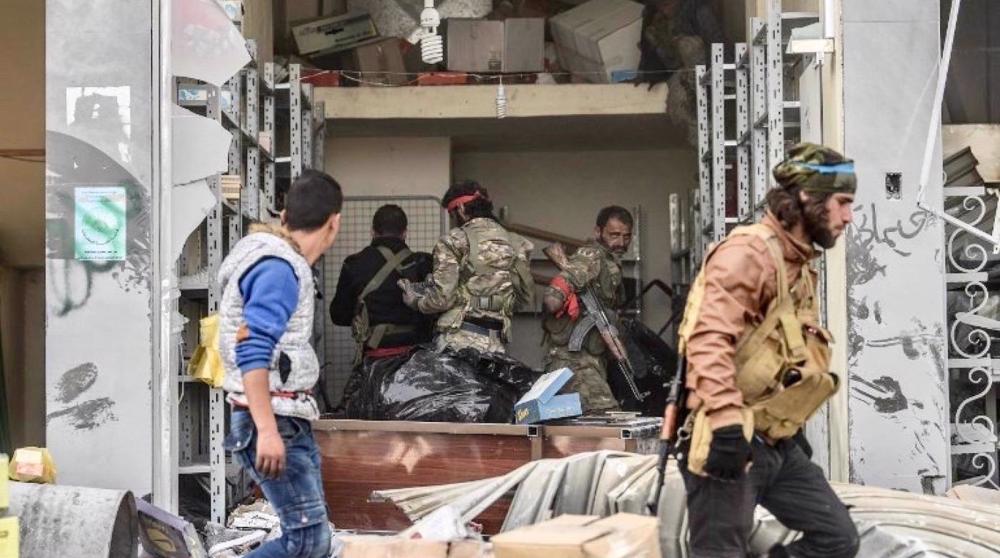

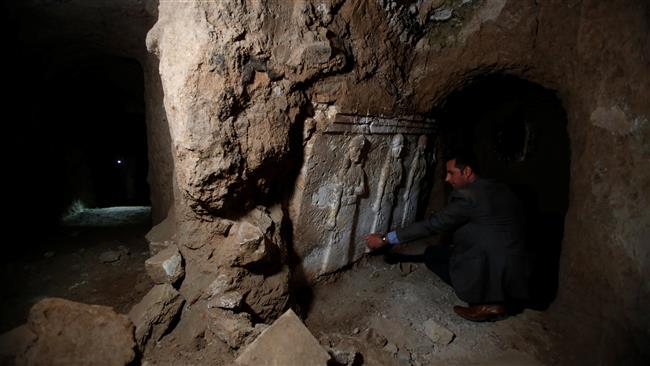

 This makes it easy to access the Press TV website
This makes it easy to access the Press TV website